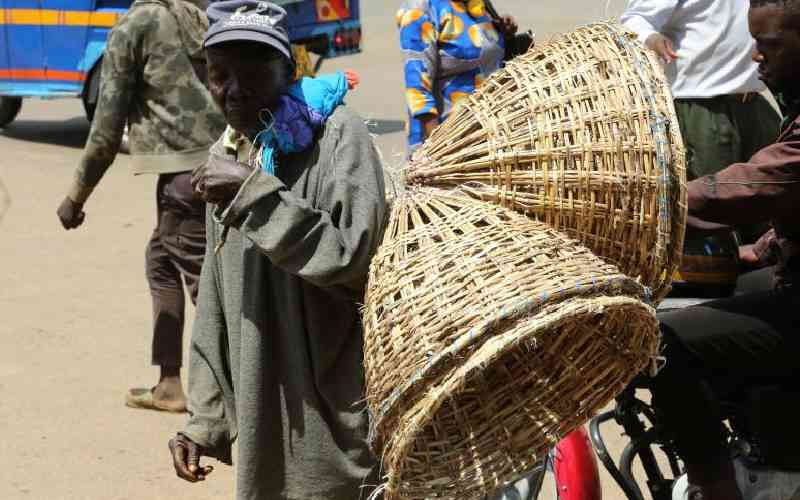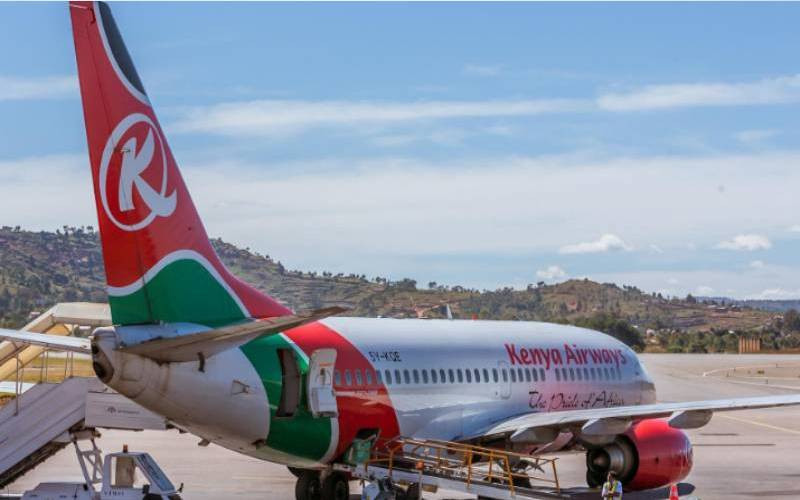
The East Africa Community is in a financial crisis, with members of the East Africa Legislative Assembly (Eala) unable to hold formal sessions.
The EAC Cabinet Secretary Beatrice Askul told the National Assembly that failure by some partner States to honour their financial obligation has constrained the bloc’s ability to implement its programmes.
The CS said Kenya has kept its end of the bargain, adding that there are proposals to amend some of the treaties and protocols, which have been in operation since the time of the three pioneer member States.
“If a country is not paying and there are no sanctions put then what become of it? For the countries that are paying, then what becomes of them because they are freely compliant and are assembly compliant?” the CS told the Defence, Intelligence and Foreign Relations Committee.
She said discussions are underway among the attorneys of EAC to see which laws need to be amended.
“Whatever amount available, that is the money distributed to the entire structure of the EAC. Sometimes it is not adequate to run the activities of everyone.”
The committee also heard that implementing EAC’s decisions remains inconsistent across the region, which has limited effectiveness.
Asked why Arusha has been domineering in matters EAC, Askul said there was an earlier communication that was implemented by the first founders of EAC, that Tanzania would host the bloc for 20 years.
“So that is where most of the activities are in Arusha, and I think it is time now we revisit that. The EAC organs, the Secretariat headquarters have changed a lot. By then, that was the agreement that was made for 20 years. It is time we look at it because we also have other new partners on board. That is why you hear Arusha all the time,” said the CS.
Askul also told the committee that gaps in development of key infrastructure continue to limit the full potential of regional integration.
“While significant progress has been made, inadequate transport and communication infrastructure in some partner States continue to increase the costs of regional trade and interaction. These infrastructure deficits limit the benefits that Kenyans can derive from regional markets and opportunities,” she said.
Challenges on non-tariff barriers have also persisted despite the establishment of the Customs Union, which has created additional costs and complications for consumers and traders.
On the July ban that prohibited 15 businesses in Tanzania, the CS admitted that the Samia Suluhu administration went overboard.
She said the rights of citizens for EAC members to enter and establish economic activities in other partner states is enshrined in Article 13 of the protocol and Annex 3 to the protocol of East Africa Common Market.
“There are a lot of issues defending why every partner state was not okay with that prohibition but as Kenya, we had our technical team that are concerned with harmonising markets with the provisions of the treaty. They are sitting right now in Dar es Salam and are engaging on a bilateral agreement between Kenya and Tanzania on matters that were prohibited,” she said.
Stay informed. Subscribe to our newsletter
The ministry also told the committee that much as the ban is anchored in Tanzanian law, it may not directly apply to Kenya.
“I think they have told us it does not apply to Kenya. They were addressing their other interests on this and have given us assurance that through our embassy, should any Kenyan national fall victim to this, they will address. Their problem was China and the Chinese who were infiltrating their markets. The Chinese, the Turkish, who are now in all the businesses, and maybe in Kenya it’s the same. That is their problem.”







